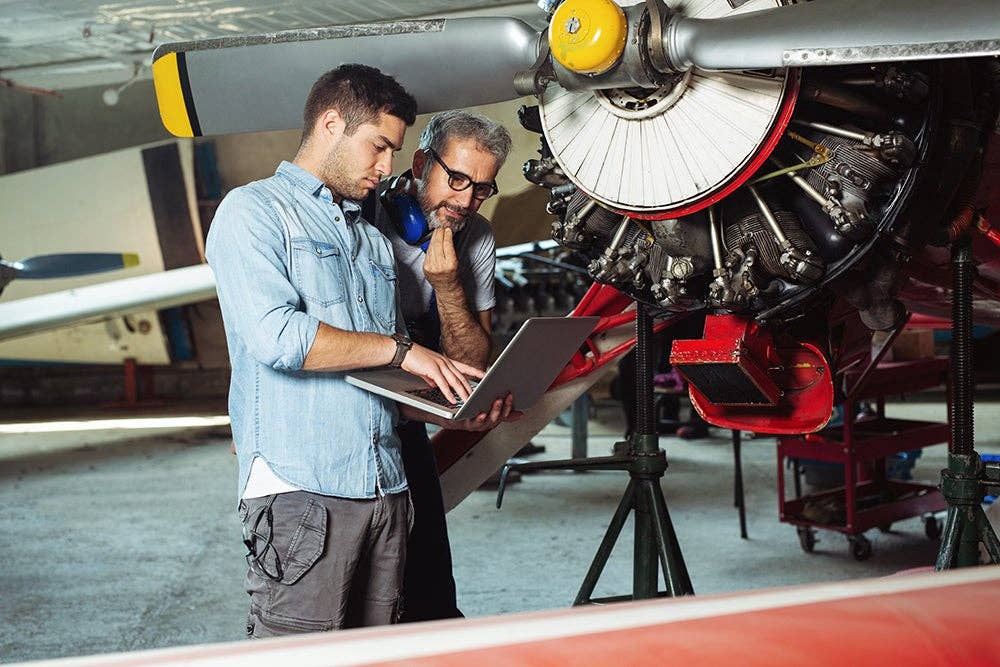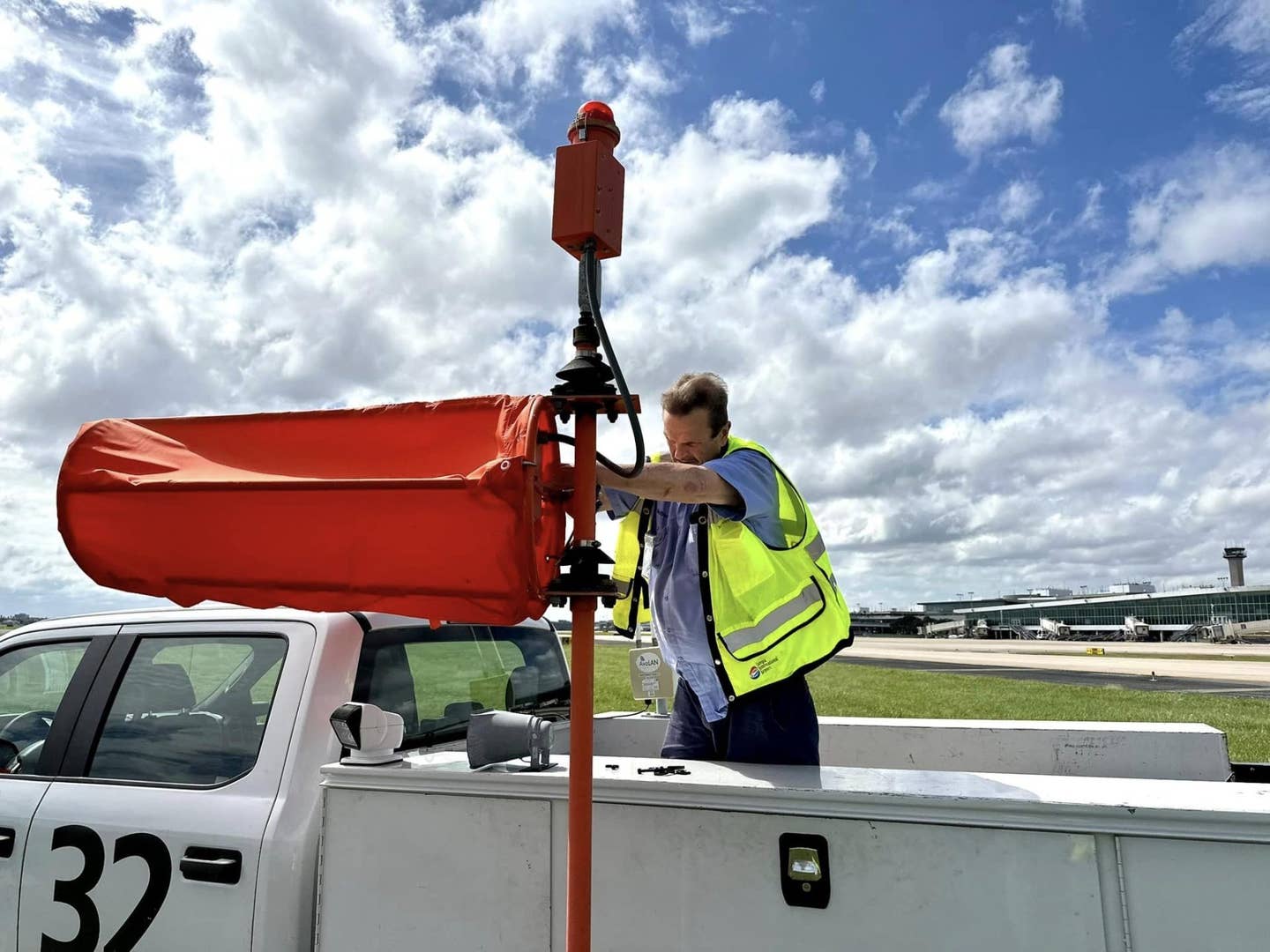How to Become a Thermodynamics Engineer
Thermodynamics engineering is a challenging but lucrative field that plays a critical role in aircraft and spacecraft design.

Thermodynamics engineers can work for employers, such as aircraft manufacturers, rocket launch companies, and engine manufacturers. [Credit: Adobe Stock]
The field of thermodynamics—which studies energy, work, temperature, and heat—plays a crucial role in aerospace and aviation.
Thermodynamics engineers apply these concepts to build and design aircraft and spacecraft. Here is what you need to know about becoming a thermodynamics engineer:
What Is Thermodynamics?
Thermodynamics is a branch of science that examines energy and the transfer and conversion of energy. Applications of thermodynamics are present throughout many areas of science and engineering, including biochemistry, applied physics, and mechanical engineering.
What Is a Thermodynamics Engineer?
Thermodynamics engineers use their knowledge of thermodynamics to help develop, construct, and test products.
A thermodynamic engineer can work in many different engineering fields. Although their expertise is vital in the world of aerospace engineering, they can also work in areas such as mechanical engineering or chemical engineering.
- READ MORE: How to Become an Aerospace Engineer
When it comes to aviation and aerospace, thermodynamics is used extensively in engine design and testing. Simply put, the concepts behind thermodynamics are what turns fuel into thrust in an aircraft or spacecraft engine.
Thermodynamics engineers can work for employers, such as aircraft manufacturers, rocket launch companies, and engine manufacturers. There are also many work opportunities outside of aviation and aerospace, such as in power generation and heating, ventilation and air conditioning (HVAC) system design.
How Long Does It Take to Become a Thermodynamics Engineer?
Jobs in thermodynamics engineering require a bachelor’s degree in engineering at a minimum.
Undergraduate engineering degrees are typically four-year programs, but it is not uncommon for students to take five or six years to finish, due to the heavy workload and opportunities for experiential learning opportunities.
Thermodynamics engineers will typically study one of the broader branches of engineering at school—such as aerospace engineering or mechanical engineering—before specializing in thermodynamics.
- READ MORE: How to Become an Aerospace Engineer
Aspiring thermodynamics engineers must also complete an engineering licensing program, which includes intensive exams and supervised work experience. As is the case with many engineering jobs, some employers will require or prefer candidates to have a master’s degree in engineering.
How Much Do Thermodynamics Engineers Make?
Being a thermodynamic engineer is a well-paying career. Thermodynamics engineers typically fall under one of the broader fields of engineering, most commonly aerospace, mechanical, or chemical engineering.
According to the Bureau of Labor Statistics, these types of engineers enjoyed a median pay of approximately $100,000 in 2023. Aerospace engineers had a median annual salary of $130,720, chemical engineers $112,100, and mechanical engineers $99,510.

Sign-up for newsletters & special offers!
Get the latest FLYING stories & special offers delivered directly to your inbox






